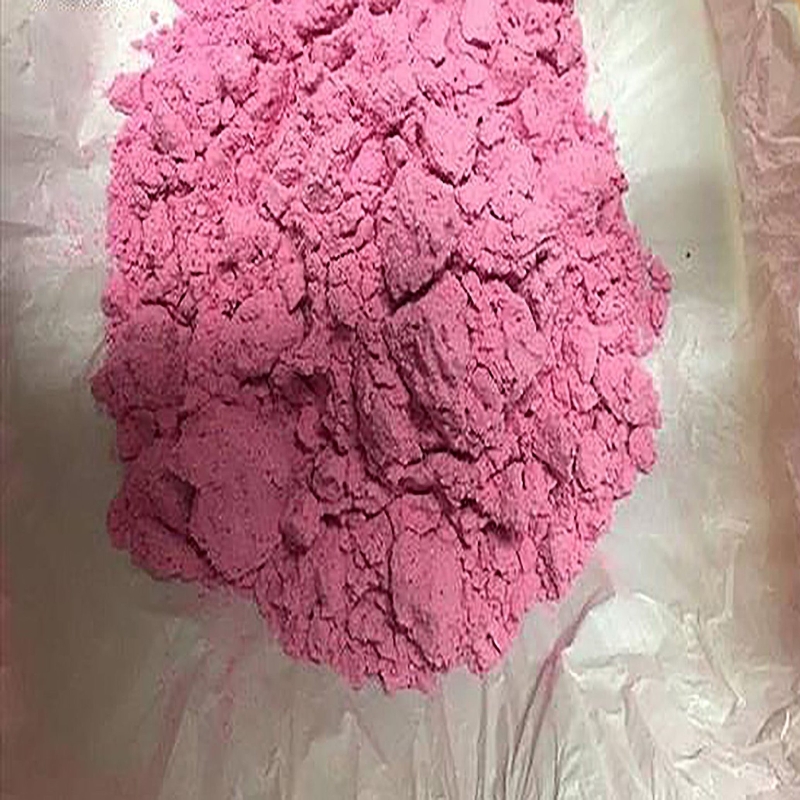-
Categories
-
Pharmaceutical Intermediates
-
Active Pharmaceutical Ingredients
-
Food Additives
- Industrial Coatings
- Agrochemicals
- Dyes and Pigments
- Surfactant
- Flavors and Fragrances
- Chemical Reagents
- Catalyst and Auxiliary
- Natural Products
- Inorganic Chemistry
-
Organic Chemistry
-
Biochemical Engineering
- Analytical Chemistry
-
Cosmetic Ingredient
- Water Treatment Chemical
-
Pharmaceutical Intermediates
Promotion
ECHEMI Mall
Wholesale
Weekly Price
Exhibition
News
-
Trade Service
Nektar Therapeutics' opioid analgesitics were rejected by the FDA on a full FDA ballot for concerns about substance abuse and a lack of data.
application for the drug NKTR-181 was submitted for the treatment of chronic lower back pain.
, an independent advisory panel of FDA experts voted 27 to 0 against the drug's approval, questioning the risks of substance abuse and addiction.
group also cited concerns that the lack of data made it difficult to determine whether oral or injections were needed and whether they were hepatotoxic.
, according to Nektar, NKTR-181 provides the same analgesic effects as standard opioid-like products, but reduces the side effects of the central nervous system (CNS), known as euphoria.
and addiction caused by opioids have led to a health care crisis across the United States.
Nektar's drug avoids these side effects because the company says its molecular structure is designed to pass through the blood-brain barrier with low permeability, allowing the drug to be released slowly into the brain and reducing the release of dopamine, which causes euphoria.
, however, the FDA disagrees, saying in a briefing paper that it is "already concerned that the approval of new opioid analgesants will exacerbate the opioid crisis in the United States by increasing the prescription and availability of these products."
panel also wanted to know whether high doses of the drug would cause liver damage, but a clinical study of NKTR-181 included too few patients, twice a day, at a high dose of 600 mg each, to determine whether that dose would cause liver damage.
NKTR-214, a CD122 agitant from Bristol-Myers Squibb, is about to begin two new Phase 3 studies, with partners studying 20 adaptations of the drug in multiple cancer types.
include ongoing or planned studies of small cell lung cancer, breast cancer, colorectal cancer, stomach cancer, triple negative breast cancer, sarcoma, melanoma, renal cell carcinoma, bladder cancer and non-small cell lung cancer.
.







